What Is Retail Arbitrage and How Does It Work in Canada?
Retail arbitrage is a method where individuals purchase at a low price from retail stores and sell the items on websites such as Amazon for a profit. The method is simple: sell high, buy low.
This has become common because stores, from time to time, have sales, discounts, and clearance sales that consumers can buy at a reduced price.
In Canada, people carry out retail arbitrage just like elsewhere. They buy cheap goods from stores like Walmart or Costco, then sell them at higher prices on websites like Amazon.
For more information about retail arbitrage in-depth, refer to our in-depth guide, Retail Arbitrage Guide for Beginners.
Is Retail Arbitrage Legal in Canada?
Retail arbitrage is permitted in Canada. Selling items bought from retail stores at a markup is acceptable, and there are no laws within Canada to stop people from purchasing items at stores and reselling them on their own.
That being said, some legal points should be noted by sellers:
- Trademark and brand restrictions:
It is not against the law to resell name-brand products, but you can be in legal trouble if you are using the brand’s logo, packaging, or marketing without their authorization. There are some brands that do not allow people to resell their product at all, so a person should check the law for the brand before reselling their product
- Intellectual Property Rights:
Be careful when selling products that would infringe copyright or intellectual property laws. Selling copied or fake products that are not original can get you into legal trouble. Make sure the things you resell are authentic and approved to be resold so you won’t have big issues with the law.
- Retailer Policies:
In Canada, there are policies in a few stores not to purchase their products to resell them. These are not Canadian law, but you will be excluded from these stores if you break them. So, if you’re going to be doing retail arbitrage in Canada, it is a good idea to call the store’s policy beforehand, particularly if you plan on purchasing in quantities and selling online.
To learn more about the legality of similar business models, read our article: Is Online Arbitrage Legal?
Do Canadian Retailers Allow Resellers?
As more people seek flexible ways to earn, retail arbitrage has become a popular option. However, store policies on reselling can vary. Some stores allow bulk purchases, while others restrict items to personal use only. Here are some store guidelines:
- Walmart Canada:
Walmart typically allows people to buy items for resale; thus, in some cases, you can buy at Walmart and resell elsewhere. That being said, Walmart may limit how much of an item you can buy at a time, especially if it is a high-demand item or a special promotion is running. These limits are mostly to help give everyone a chance to buy the items they need. So, while reselling is not Walmart’s general policy violation, you might not be permitted to buy large quantities of certain products all at once.
- Costco:
In Canada, Costco’s regular membership is for personal use only. If you buy things to resell them, Costco can cancel your membership. That’s their rule.
However, Costco offers a Business Membership for those who want to purchase items for resale. If you get this membership, you need to give them your resale license and tell the cashier when you’re buying for resale. They keep track of these sales, and you don’t pay sales tax right away on those items. Regular memberships are just for personal shopping, but businesses can buy for resale if they use the Business Membership.
For more information on this topic, you can read How to Buy Products from Costco to Sell on Amazon.
- Dollarama:
Dollarama doesn’t have a rule against reselling the things you buy there. But they can limit how many of each item you can buy at one time, especially if they think you’re buying to resell. You can buy some items in bulk from Dollarama’s online store, but not everything from the store is available online, and choices may be limited.
Tax Obligations for Arbitrage Sellers in Canada
If you buy products to resell in Canada, you have to be aware of federal and provincial taxation laws. The GST is levied by the government, but additional sales taxes are charged by the provinces of British Columbia, Manitoba, Quebec, and Saskatchewan. If your sales go over certain limits, you must register to collect and send these taxes to the government.
For online arbitrage sellers, the responsibility for collecting and remitting sales tax can depend on several factors, including the type of goods or services sold, the province of the buyer, and whether the sale is made directly or through an online platform.
Here are the main tax obligations you need to follow as an arbitrage seller for the Canada Revenue Agency (CRA):
- Registering Your Business: Sign up for a GST/HST number if you make more than $30,000 a year.
- Collecting Sales Tax: If you’re registered, add GST/HST to your prices and collect it from customers.
- Filing Income Tax: Tell the government how much you made, and list your business costs like buying products and shipping.
- Maintaining Records: Write down all your sales and expenses so you can show proof if needed. Use a notebook, spreadsheet, or app.
Common Legal Mistakes to Avoid in Canadian Arbitrage
While retail arbitrage may seem simple, there are several common mistakes that can lead to legal trouble. If you’re just getting started, Before diving into the mistakes, be sure to check out our guide on how to make money with retail arbitrage to avoid these pitfalls
Selling fake Goods
Selling fake products, even by accident, is illegal in Canada. You could face fines or legal action, and sites like Amazon may ban your account. To avoid this, always check that your products are real before listing them. Being careful with your sources helps protect your reputation and keeps your business safe.
Copyright Violation
Placing brand logos, images, or any company’s copyrighted material in your product listings without permission is a huge mistake. This includes copying from official websites, like descriptions or images. Copyright owners can report, and your listings get removed, your account is suspended, or you get sued. Always create your own product description and use your own image unless you have direct permission from the brand.
Ignoring Tax Obligations
If you do not register your business, charge GST/HST, or report your income properly, you could be hit with enormous fines, interest, or even a CRA audit. Tax authorities apply to anyone who makes money off retail arbitrage, no matter the size of your business. Make sure you understand your tax duties and keep up with necessary filings.
Bulk Buying Violation
Most stores in Canada have rules prohibiting buying too many of the same item, especially if they suspect you are buying to sell. If you break such rules, you can be denied service, prohibited from coming back to the store, or your orders canceled. Always check and follow the store’s bulk-buying rules to avoid issues with getting products.
Conclusion
Retail arbitrage is legal in Canada and can be a very good way to make money by selling things. It is legal but requires awareness of trademark policy, tax law, and store policy. To succeed, always buy real products, follow tax rules, and stick to marketplace guidelines.


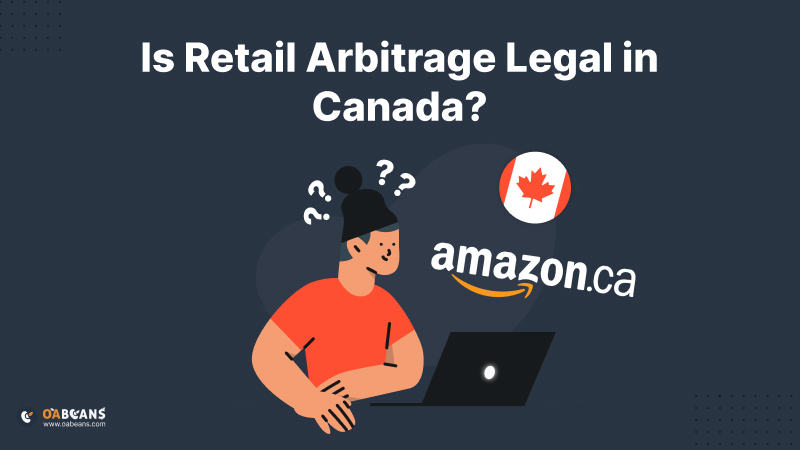

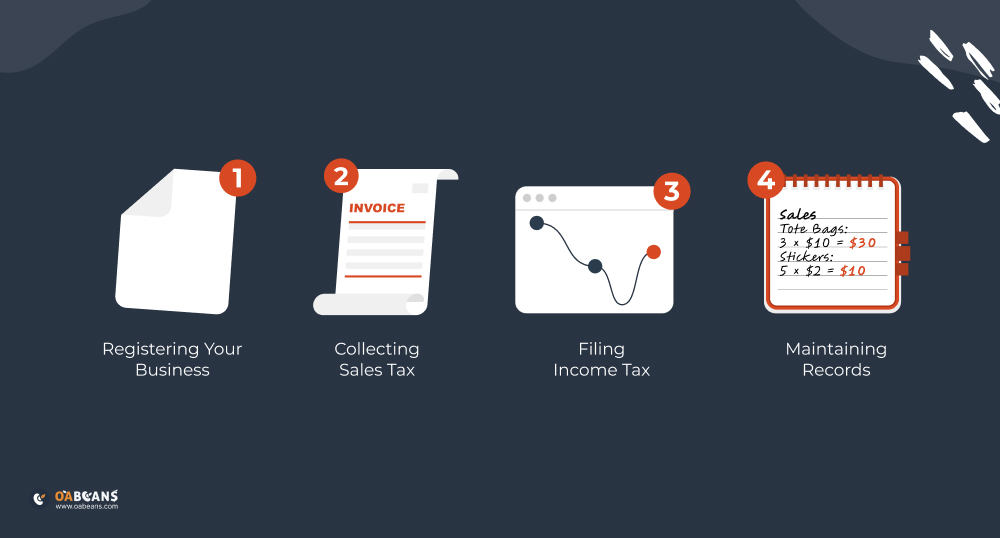
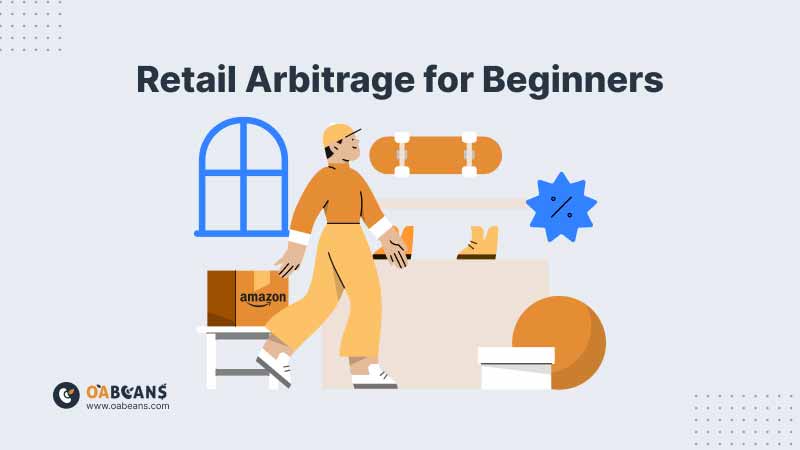
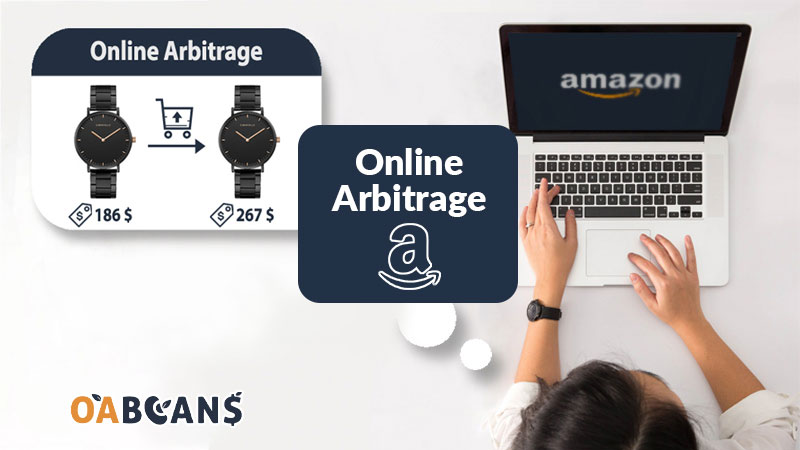
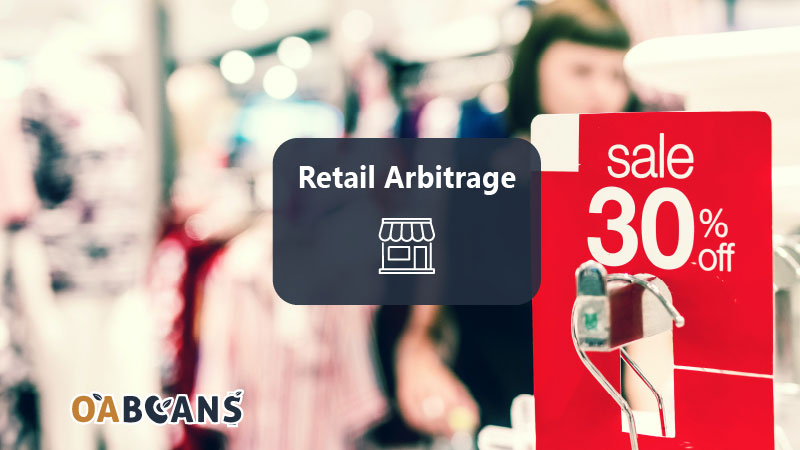
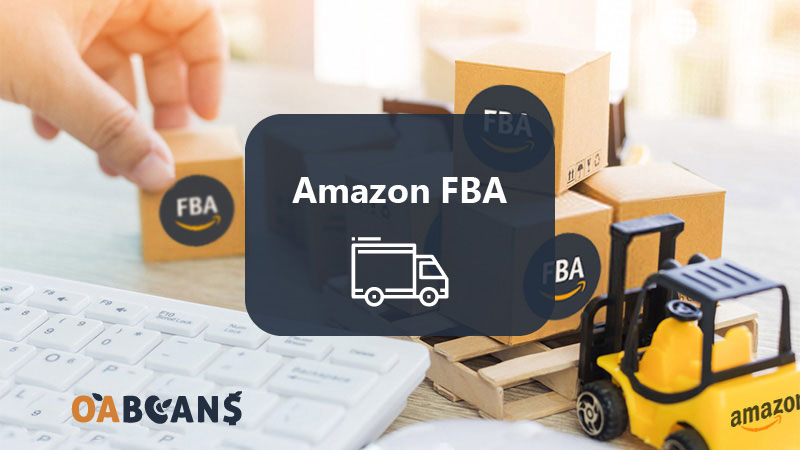

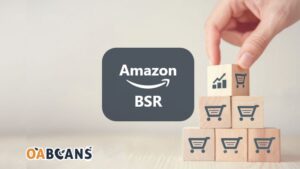

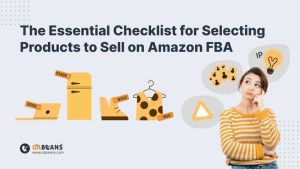




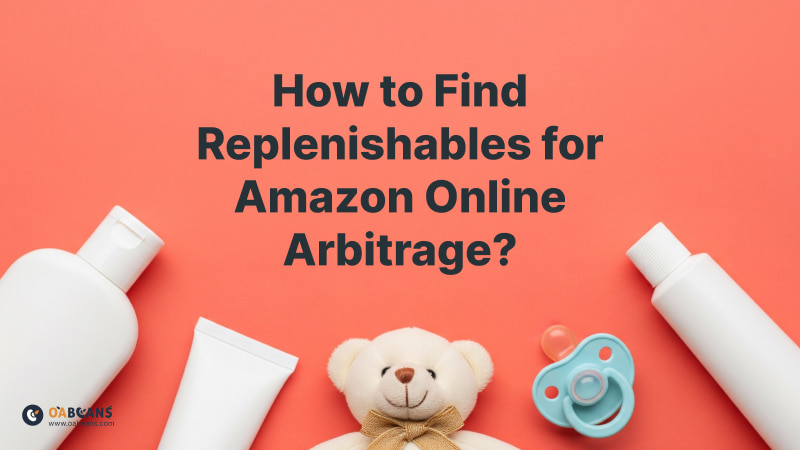

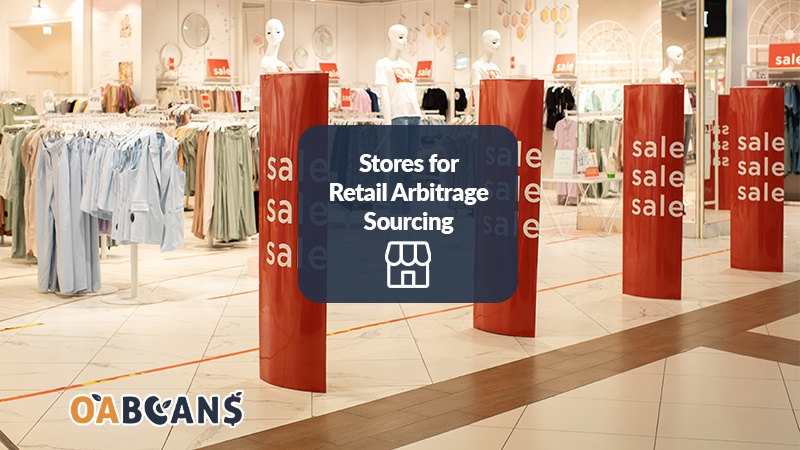




11 replies on “Is Retail Arbitrage Legal in Canada?”
The Amazon FBA program offers excellent seller protection. They handle returns and customer complaints, relieving me of any potential headaches.
Amazon’s seller support is top-notch. Whenever I encounter any issues or have questions, their responsive customer service team is there to assist me.
I love the thrill of finding hidden gems and profitable deals through Amazon retail arbitrage. It’s like being a treasure hunter!
The data-driven insights and market analytics provided by Amazon enable you to make informed decisions and identify profitable opportunities in the reselling space.
With retail arbitrage, you can enjoy the freedom and flexibility of being your own boss, setting your own schedule and working on your own terms.
The competitive pricing and buy box algorithm on Amazon create a level playing field for resellers, enabling fair competition and increased sales potential.
Reselling on Amazon allows you to build your own brand presence and establish a loyal customer base, providing opportunities for repeat business and long-term success.
Retail arbitrage on Amazon enables sellers to leverage Amazon’s fulfillment network and expertise in shipping and logistics, ensuring a smooth and efficient order process.
One of the advantages of Amazon reselling is the ability to leverage the trust and reputation of the Amazon brand. Customers feel confident buying from a trusted platform.
I love the flexibility of Amazon reselling. It allows me to work on my own terms and earn extra income.
The fulfillment by Amazon service ensures fast and reliable delivery for your products, enhancing the customer experience and increasing your chances of success.